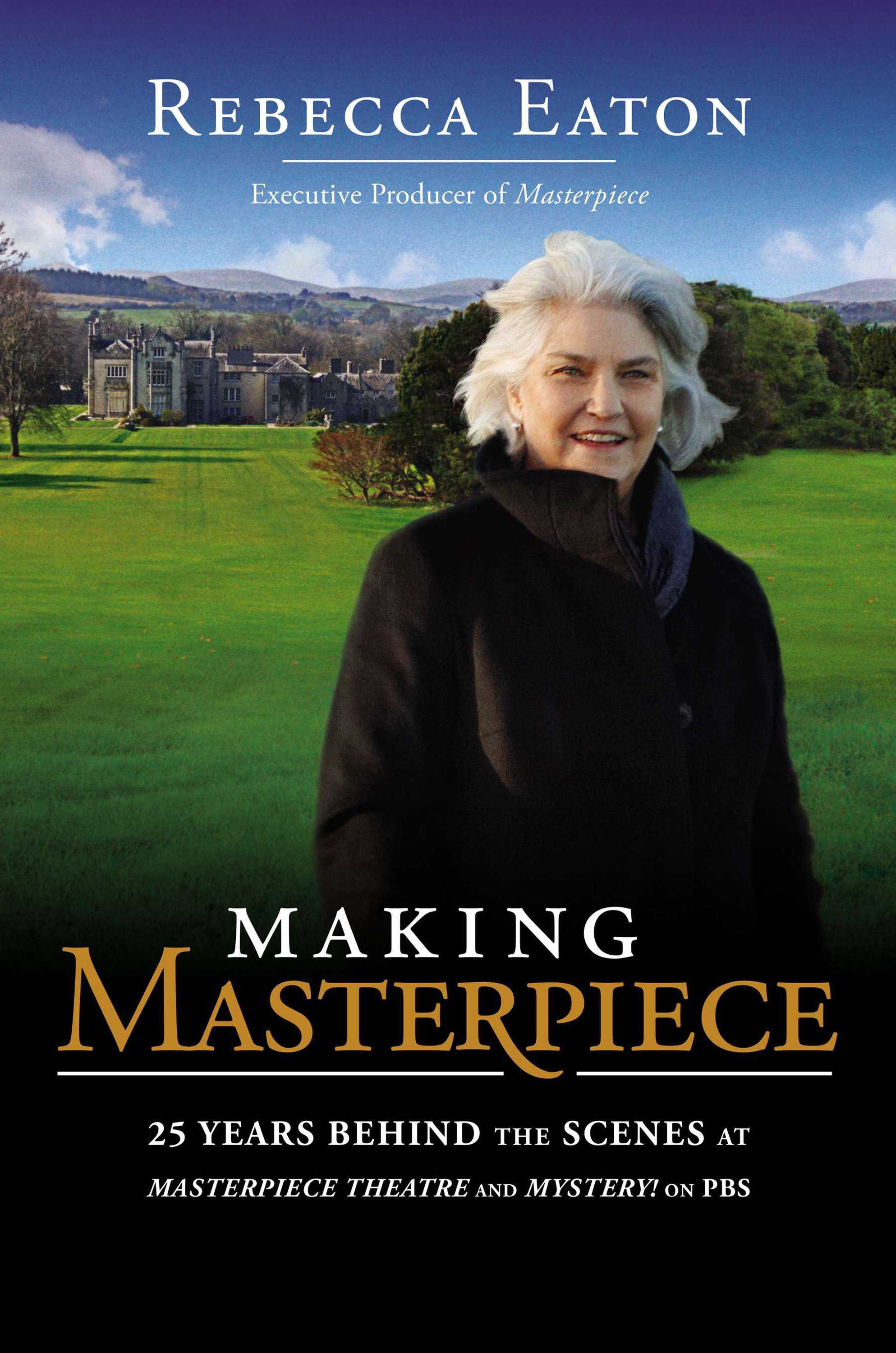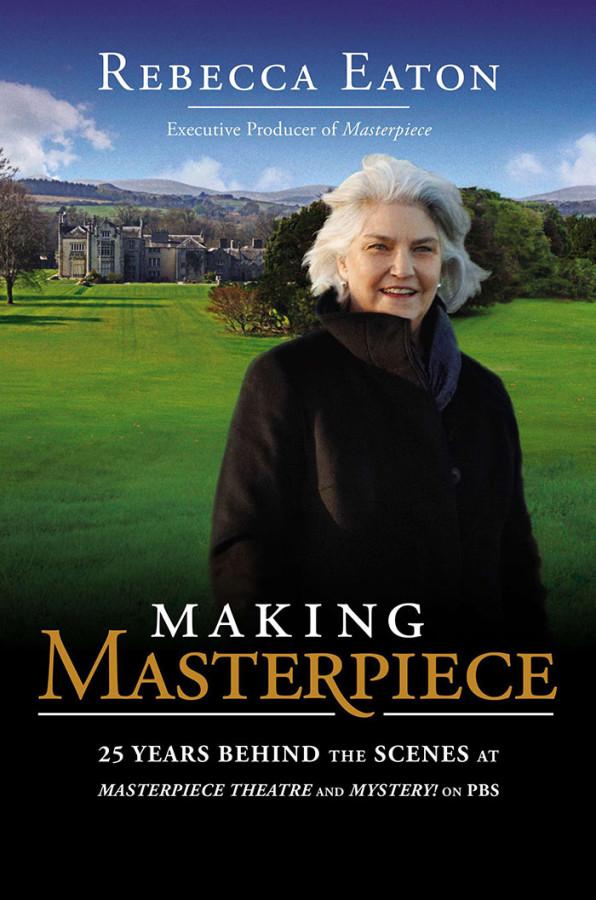By Tish Wells
“Making Masterpiece: 25 Years Behind the Scenes at ‘Masterpiece Theatre’ and ‘Mystery!’ On PBS” by Rebecca Eaton; Penguin, NY (300 pages, $29.90)
———
Do you remember Alistair Cooke? Besides being a renowned journalist, he also was the first host of PBS’ “Masterpiece Theatre” when it started in 1971.
Now you can find out all about that history of that long-running program in Executive Producer Rebecca Eaton’s amusing biography “Making Masterpiece.”
She took over in 1985 when “Masterpiece Theatre” was 15 years old. It was known for its dramas “The Jewel in the Crown,” “I, Claudius” and “Civilization,” and most memorably “Upstairs, Downstairs,” a historical soap opera about a family of English aristocrats and their household servants (rather like the current hit show “Downton Abbey”).
Eaton writes, “To this day, ‘Masterpiece’ is kind of a financial miracle. You probably couldn’t produce one hour of ‘Mad Men’ for the amount of money we pay for dozen hours of programs with high production values, glorious costumes and far-away landscapes.”
But as she points out, there wouldn’t be a “Masterpiece” without the 1960s British family drama, “The Forsyte Saga.” It attracted the attention of the newly created PBS and, with funding from Mobil Oil — which, Eaton says, “recognized that a trove of British programming could become a new high-quality brand, and by association, could make Mobil look classy” — British drama became a staple of America’s Sunday nights.
The series opened with “The First Churchills,” which made its mark when an actress flashed full frontal nudity at U.S. viewers. The phones lit up and the series was off.
Eaton recounts these tales with zest. She studied English at Vassar, then went on an exchange program to work for the BBC in England in 1969. She fell in love with the country.
Returning to the United States, she applied to public broadcasting stations in San Francisco, Washington, D.C., and Boston. She got the job in Massachusetts, attributing her break to “equally my Vassar degree, my BBC credentials and my miniskirt.”
Some of the most enjoyable parts of “Making Masterpiece” are Eaton’s tales of the men and women she’s met: Vincent Price, Helen Mirren and Diana Rigg (of “The Avengers” fame, who also introduced the “Mystery!” series that started in 1979). British detective mysteries broadcast include “Morse,” “Poirot,” “Prime Suspect, “Wallander” (starring Kenneth Branagh) and “Sherlock” (with Benedict Cumberbatch and Martin Freeman).
Eaton has guided “Masterpiece” through the best of times and some of the worst. She notes that HBO and other cable channels were starting to eat into the turf of British costumed drama. In 2002, ExxonMobil withdrew its funding after 30 years. The “Masterpiece Trust” was created as another funding source for production of new dramas.
“Masterpiece Theatre” was redefined as “Masterpiece” the brand. Contemporary dramas entered as “Masterpiece Contemporary” to augment the historical dramas. Block programming of episodes were created so that watchers could catch up. New sponsors were found. Outreach to new viewers included social media and interview clips. Most strongly, Eaton writes of generational ties of viewers. Those who started in 1971 are the grandparents of those who watch “Masterpiece” now — even if the newer viewers are watching it on tablets at all times of day or night, rather than on Sundays at 9 p.m.
“Masterpiece” lives on.

———
©2013 McClatchy Washington Bureau
Visit the McClatchy Washington Bureau at www.mcclatchydc.com
Distributed by MCT Information Services



